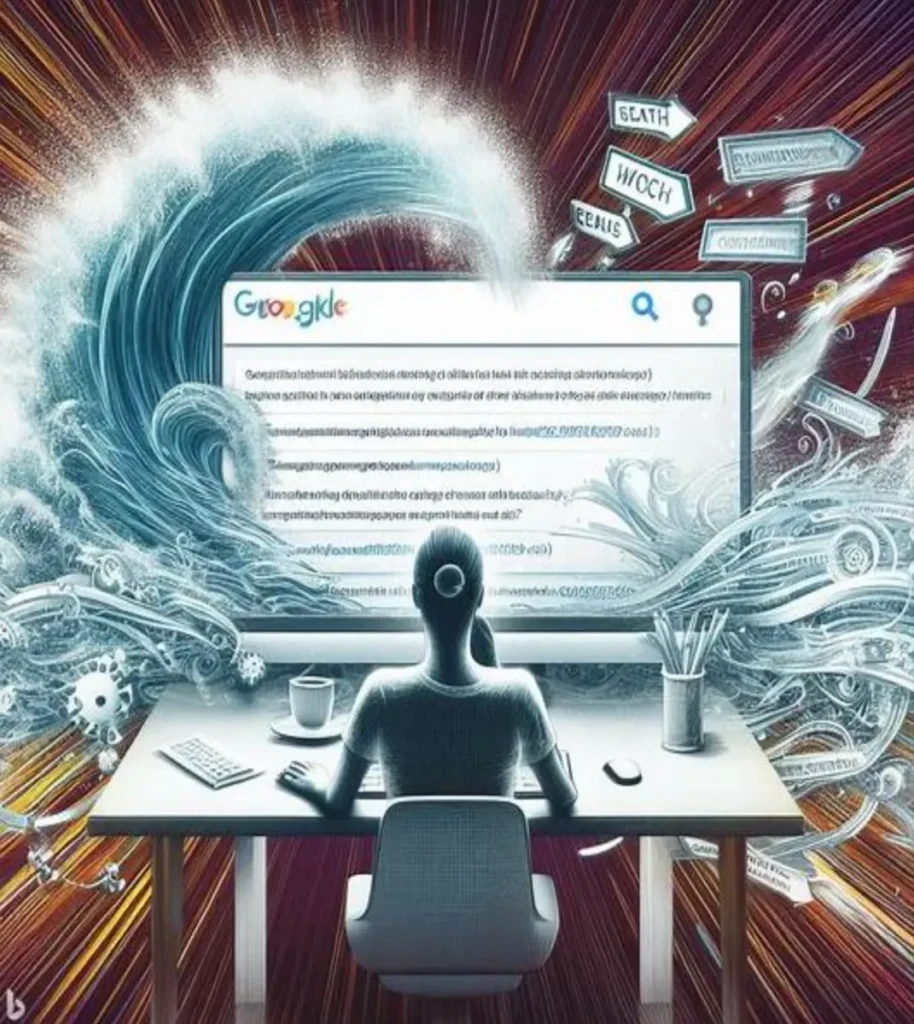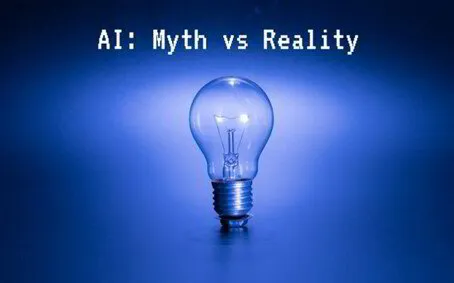The search market, which generates over $200 billion in annual revenue, has not seen any significant improvement in the overall user experience in almost two decades. Other than marginal periodic upgrades in the quality of results, searches today are becoming ever more cluttered with bloggers and other paid advertisers jockeying for first page position on search page results. The overall quality (e.g. relevance) of search results and the user experience have been lost in the pay-for-play universe of search. With the recent emergence of AI and the advent of chatbots, such as ChatGPT, Copilot, Gemini, Groq, etc. over the past several years, the chatbot search playing field is rapidly advancing. Users no longer need to settle for clunky, irrelevant, “paid-for” search results when they can now access more accurate and useful results using a search engine incorporated with an LLM.
Google currently dominates search queries with approximately 85% market share and possesses, what many consider some of the best LLM technology. The problem Google faces is that its highly successful revenue model is based primarily on advertising, which delivers low-quality results when now compared with LLM search. Firstly, if Google were to fully embrace LLM technology in its search engine, it would do so at the risk of losing advertisers (i.e. revenue). Secondly, according to tech industry research publication SemiAnalysis, Google could expect to spend $100 billion in capex and another $36 billion each year in inference (LLM output) costs. Therefore, SemiAnalysis suggests, “If ChatGPT-like LLMs are deployed into search, that represents a direct transfer of $30 billion of Google’s profit into the hands of the picks and shovels of the computer industry.” According to global research aggregator Gartner, Inc., “By 2026, traditional search engine volume will drop 25%, with search marketing losing market share to AI chatbots and other virtual agents.”
We also believe that search might become fragmented as niche players with LLM engines begin to come online. For example, there exists the potential for an automobile LLM search engine engineered specifically for auto enthusiasts seeking detailed, relevant information about cars, or a history LLM search engine for history aficionados.
A prime example is the dating app industry which was dominated in its early years by “generalist” pioneers Match.com and eHarmony. The industry evolved over the past three decades, fragmenting into numerous niche apps serving the dating needs of specific interest groups based upon religion, ethnicity, age, and sexual preference (e.g. JDate, Christian Mingle, Bumble, Tinder, FarmersOnly). Many of these niche apps have since been consolidated by the industry leader (Match Group). We believe that online search may follow the same paradigm; however, regardless of this hypothesis, search disruption has arrived.



